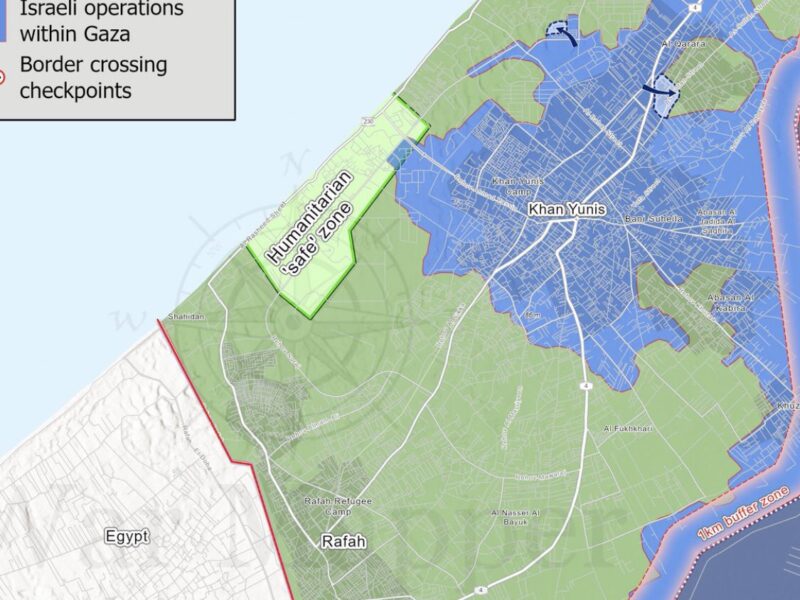Is America becoming a third-world country? Maybe. But blame corruption, not capitalism – by Christina Pushaw
In his new book, The Vanishing Middle Class, MIT economist Peter Temin claims that America is beginning to resemble a third-world country. He estimates that just 20% of Americans are living comfortably, with the vast majority trapped in low-wage jobs that offer little possibility of advancement. For them, the American Dream is no more than a dream.
That argument seems especially significant today, as I am attending a conference in Kiev. While Ukraine is a beautiful country, poverty and corruption are widespread. Politicians with official salaries of $300 per month are chauffeured in the latest model Mercedes, while the elderly and disabled beg for change in subway stations.
In developing countries like Ukraine, it’s easy to see the “income inequality” that preoccupies American media and academia these days. Termin, like many of his peers, claims that the United States is facing exactly the same problem, and that our government must act to stop it. (The troublesome implications of upholding economic equality as a policy goal in and of itself are overlooked: in countries like North Korea, inequality is not an issue because everyone is equally impoverished.)
But maybe Termin has a point. Since a huge gap between rich and poor is comorbid with social turmoil in many third-world countries, could income inequality in America be causing our society to fracture?
There’s no easy answer to this question. Millions of Americans do feel that they lack economic opportunity, and the middle class has suffered while the rich get richer. Yet poverty in America looks very different from poverty in other countries.
For poor Ukrainians, McDonalds is an unthinkable luxury. In California, where obesity is epidemic, welfare recipients can use public benefits to buy fast food. Indeed, the typical poor American household has a car, air conditioning, two TVs with cable, and other amenities that are far out of reach for most of the world.
In this context, maybe Termin’s warning about America regressing to developing-nation status seems exaggerated. However, he’s right on one major point: The structure of American society often predetermines winners and losers. Even with access to material comforts, the American poor face obstacles to social mobility that should not exist in the “land of opportunity.”
The real question is: Why is that the case?
Corruption isn’t just a third-world problem. Deep-pocketed special interests, the opaque revolving door, and unaccountable federal agencies are destroying opportunities for ordinary Americans. Each new regulation creates an insidious chance for the politically connected to profit at the expense of the rest of the country—remember how taxicab cartels lobbied lawmakers to ban Uber and Lyft?
And gaining the right connections starts early, even in childhood. Well-off American families can choose to live in a good school district or pay thousands for private education, but children in poorer districts are trapped in failing public schools.
So are progressives like Termin justified in calling on the government to fight inequality by spending more on public education? In fact, funding for public schools has increased dramatically since the 1970s, but outcomes have remained stagnant. This result is unsurprising: public education is a monopoly reinforced by lobbying from teachers’ unions, which spend millions to stifle competition and innovation.
In short, progressives are right about the problem, but wrong about the solution. Bigger government cannot fix the lack of social mobility that threatens to tear apart American society.
For evidence, look no further than my home state: California. Sky-high taxes, unchecked regulatory overreach, irresponsible government spending, and the expansion of the welfare state have demolished the middle class. Indeed, deep blue cities like Los Angeles and San Francisco are the only places in America where “income inequality” is approaching the degree that I’ve seen in Ukraine.
At the heart of the American Dream is the chance for everyone to pursue fulfillment, success, and prosperity, regardless of their background. Rags-to-riches tales have inspired our country for generations. In these challenging times, how can we restore the opportunity that made America great?
Fight disinformation by arming yourself with the facts about income inequality and opportunity. By understanding the damage caused by big government, you can help others see the truth. Corruption does not always look like a Rolex-wearing Ukrainian bureaucrat—and before we can eliminate it, we must learn to recognize it in our own backyard.







